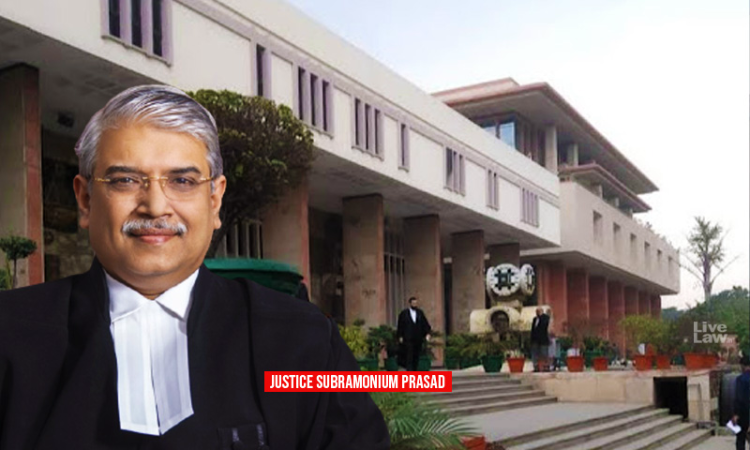"An individual cannot try to stall the entire functioning of the Board by stating that the decision taken by the Board are against his views because the majority differs from his view," the Delhi High Court has recently observed. Justice Subramonium Prasad was dealing with a contempt petition filed by a Member (Legal) of the Petroleum & Natural Gas Regulatory Board constituted under...

